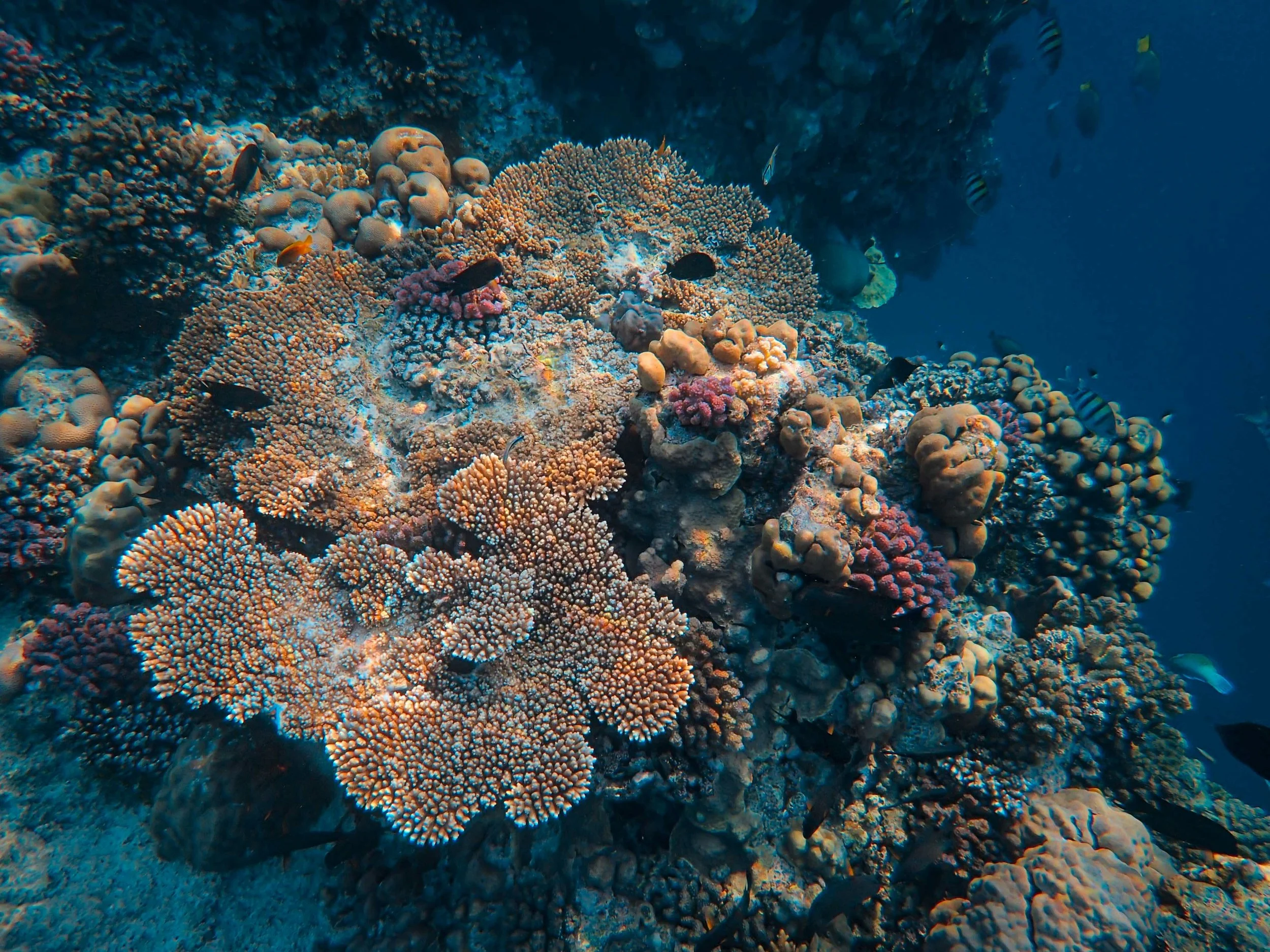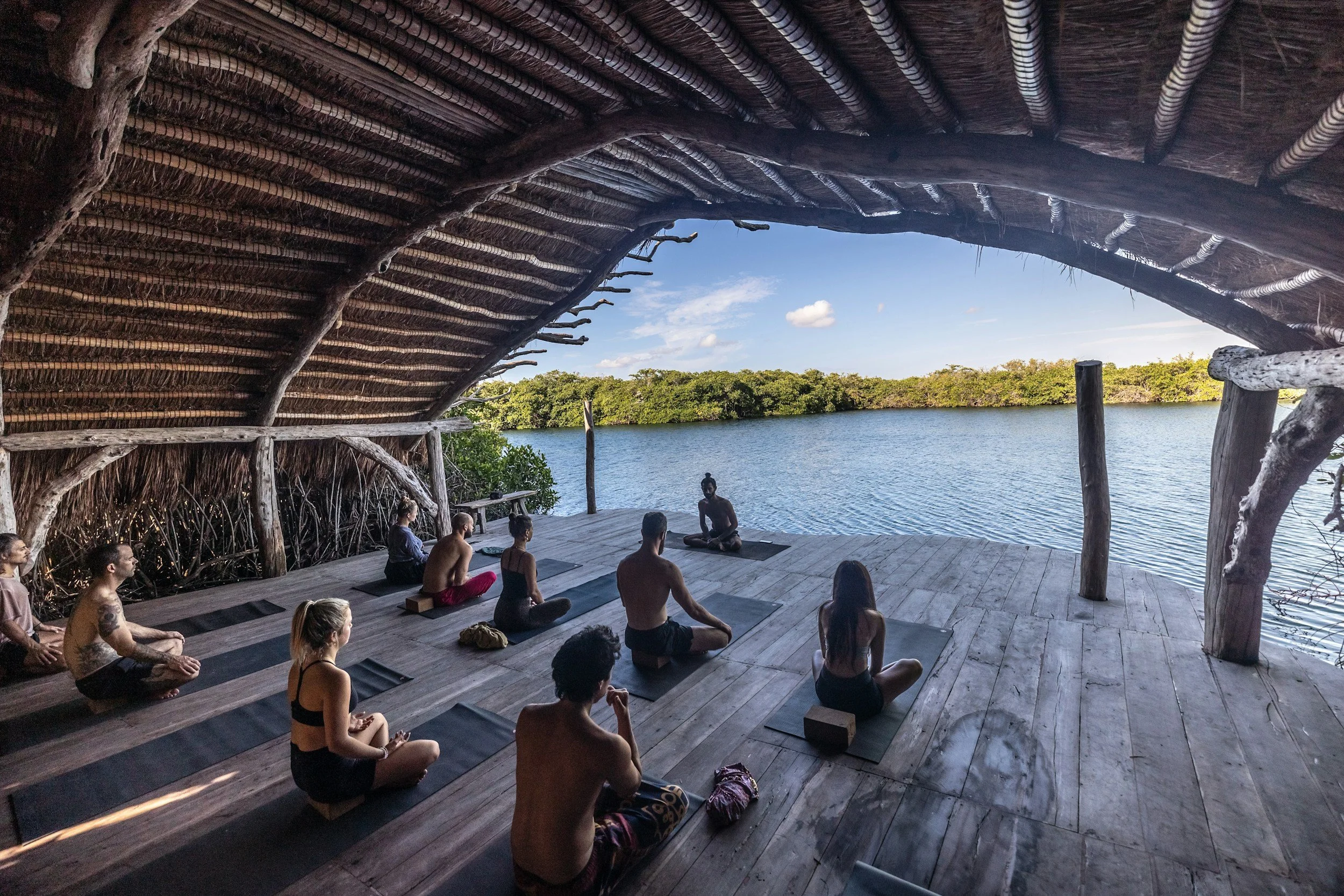The Impact of Over-tourism on Coral Reefs and What Travelers Can Do
Coral reefs draw travelers from across the globe with their mystery and beauty. Yet these fragile ecosystems are increasingly having to cope with growing threats including from tourism. The impact of overtourism on coral reefs has become more apparent in many destinations, especially where visitor numbers overwhelm carrying capacity limits. While tourism contributes to significant amounts of GDP and supports local jobs in host communities, unchecked growth harms the very wonders people come to admire. To protect these underwater treasures, travelers must act with care and do their share to alleviate the negative impacts of the tourism industry on the marine environment.
Each choice matters, and readers can shape a healthier future for reefs by following some of the points highlighted here.
The Fragile Ecosystem of Coral Reefs
Coral reefs act as living fortresses for coastlines, reducing wave force and shielding communities from storms. At the same time, they serve as nurseries for fish that sustain global food chains.
However, reefs are extremely sensitive to changes to their environment, particularly fluctuations in water temperatures. Even minor disruptions can tip the balance toward decline. When reefs collapse, coastal communities lose both food sources and income.
What Overtourism Looks Like in Coral Reef Destinations?
Tourists tend to cluster around famous reefs and beaches, resulting in greasy layers of sunscreen containing harmful chemicals or broken corals littering the shores. In many coastal regions, the sight of packed dive boats and cruise ships is also routine. Waste discharge, anchor drops, and sheer numbers overwhelm marine systems, leaving scars visible both above and below the surface.
The impact of overtourism on coral reefs appears most directly in physical damage. Careless divers brush against fragile coral branches, swimmers kick fins that break apart delicate structures and boats drop anchors on living colonies that took centuries to grow. Visitors walking on shallow flats cause further destruction, crushing habitats with every step.
Unfortunately physical damage is only part of the equation.
The Role of Climate Stress and Tourism Combined
Climate change intensifies physical impacts. Warmer waters create hostile environments for reef life when stress from heat combines with tourism pressure, and damage multiplies. Rising sea temperatures have been shown to trigger widespread coral bleaching and kill-offs. Once thriving ecosystems become barren and more vulnerable to breakage due to bleaching, which strips corals of its protective algae reducing resilience to impacts.
Socioeconomic Pressures and Community Challenges
Tourism often sustains small island economies, but at the same time creates dependency. When reefs decline, the local income source disappears and communities face a dilemma between short-term gain and long-term survival.
Combatting this often requires increased government mandated protections and other measures to limit carrying capacity. However, visitor caps can limit profit, and officials often fear backlash from businesses that rely on tourists. Yet without action, damage becomes irreversible, causing marine tourism to eventually decline.
Other efforts like community-led initiatives to re-grow and restore reefs can make a big difference. Local guides, fishers, and small operators can also protect reefs while preserving livelihoods by communicating about responsible diving and snorkeling to tourists.
New Lifestyle Trends Reshaping Reef Destinations
Lifestyle shifts have reshaped how people interact with coastal ecosystems. New and existing subsets of tourists including sun, and and sea vacationers, digital nomads, retirees, and wellness tourists continue to choose to book extended stays in reefside towns. While this brings steady income, it also raises housing demand, water use, and waste levels that fragile environments feel the impacts of. Short visits leave a mark, but fluctuations in long-stay tourists also put pressure on ecosystems. This pattern is underscored by the environmental impact of digital nomads, along with the footprint of other groups who settle near reefs.
To combat this, travelers can help by paying conservation fees and contributing to fund reef restoration projects that local communities manage. Choosing eco-certified accommodation, respecting conservation regulations, and supporting community initiatives like beach cleanups can also support reef recovery.
Shifting Traveler Mindsets Toward Sustainability
Travelers now hold more power than ever. Demand shapes how tour operators act, and local policies thus far have generally followed tourist expectations. Therefore, if travelers expect eco-friendly practices, businesses adjust. Selecting reef-safe products or supporting eco-certified operators sends a strong signal that tourists prefer businesses that prioritize the environment..
Practical Tips for Responsible Travelers
Travelers can limit their environmental impact by respecting rules, reducing waste, and choosing tours and activities that have a good reputation for sustainability to plan for a more environmentally friendly trip. From transport choices to accommodations, every step matters.
Here are actions worth considering on your next trip to a coastal destination:
Choose reef-safe sunscreen free of harmful chemicals.
Support operators with reputable eco-certifications.
Avoid physical contact with corals or marine life.
Respect no-go zones set for reef recovery.
Choosing lighter luggage and more sustainable ways to pack can also reduce emissions that come from your trip, helping you further reduce your impact.
A Shared Duty for Coral Reef Survival
The threats facing reefs are urgent, yet travelers can shift the outcome. By learning about the impact of overtourism on coral reefs, supporting local initiatives, and acting responsibly, every visitor can play a part in protecting them.
Author bio: Samantha Reyes is a coral reef lover and advocate for sustainable living. She spends her time exploring coastal regions while sharing insight on how travelers can protect reefs and live more responsibly.
Sea Going Green is a sustainable tourism consultancy that works together with hotels, resorts and tourism operators to support environmental conservation efforts. Want to know more? Get in touch.
Search the Blog….
Visit us on Instagram




















